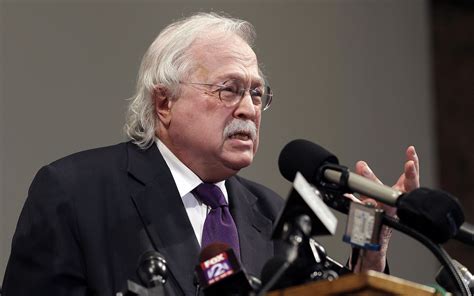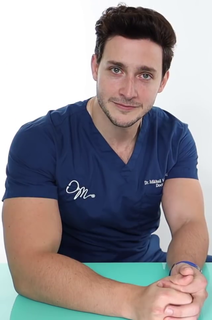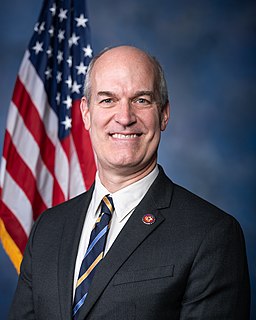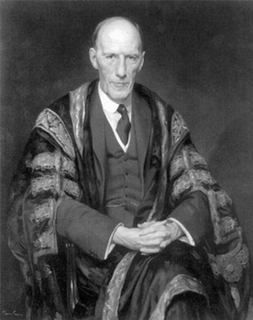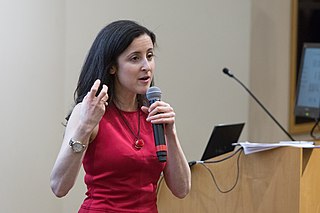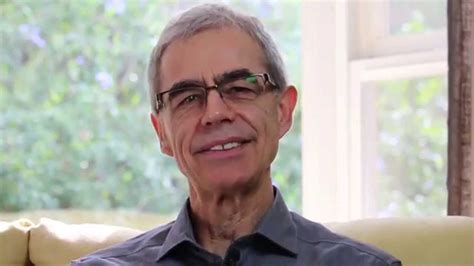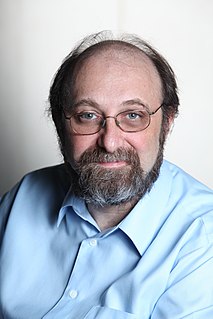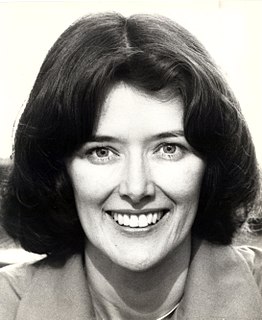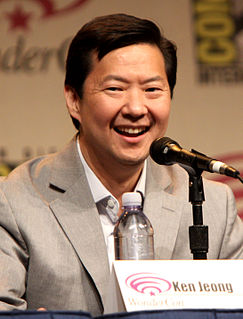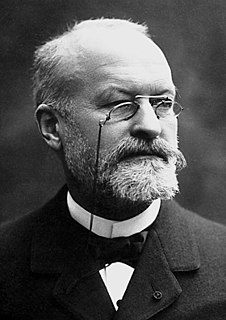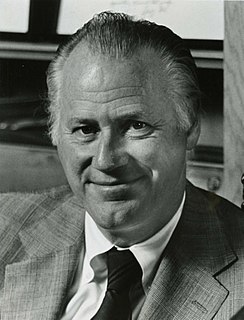Top 1200 Treating Patients Quotes & Sayings
Explore popular Treating Patients quotes.
Last updated on April 14, 2025.
I am a spiritual person. I'm a Catholic. I treat my patients, the dead patients, as live patients. I believe there is life after death. And I talk to my patients. I talk to them, not loudly but quietly in my heart when I look at them. Before I do an autopsy, I must have a visual contact with the face.
People and organizations other than doctors increasingly are assuming power to decide which medications to prescribe or procedures to undertake. More and more, decisions about personal healthcare are no longer made by the treating physicians in consultation with their patients, and based on the doctors' expertise.
One of the fundamental reasons why so many doctors become cynical and disillusioned is precisely because, when the abstract idealism has worn thin, they are uncertain about the value of the actual lives of the patients they are treating. This is not because they are callous or personally inhuman: it is because they live in and accept a society which is incapable of knowing what a human life is worth.
The rhythm of music is very, very important for people with Parkinson's. But it's also very important with other sorts of patients, such as patients with Tourette's syndrome. Music helps them bring their impulses and tics under control. There is even a whole percussion orchestra made up exclusively of Tourette's patients.
A study of over 10,000 patients shows clearly that chemo's supposedly strong track record with Hodgkin's disease (lymphoma) is actually a lie. Patients who underwent chemo were 14 times more likely to develop leukemia and 6 times more likely to develop cancers of the bones, joints, and soft tissues than those patients who did not undergo chemotherapy .
From inability to let well alone; from too much zeal for the new and contempt for what is old; from putting knowledge before wisdom, science before art and cleverness before common sense; from treating patients as cases; and from making the cure of the disease more grievous than the endurance of the same, Good Lord, deliver us.
There are a very small number of doctors in France that use essential oils and herbs as well as conventional drugs in their treatments and sometimes they will use essential oils intensively, usually because they are treating people with cancer or chronic infections that patients have had for years, and ingested essential oils are a really a great choice for treating chronic infections if you're a doctor.
Pretty much everybody knows there are not enough organs for all of those patients who need to get transplants, and what happens is, is that organs are actually directed in liver transplantation to those patients who are the sickest. So the patients who have the greatest chance of dying in the next three months or so are the ones who get the priority for the liver transplant.
Treating only terminal cancer patients, the Rand (anti-cancer) vaccine produced objective improvement in 35% of 600 patients while another 30% demonstrated subjective improvement. FDA stopped the vaccine's use in a federal court hearing where neither the cancer patients nor their doctors were allowed to testify.
Operating-room errors hold a special terror for patients, if only because they seem like the most avoidable kind of complications. The occasional horror stories of patients who have the wrong leg removed or the wrong knee replaced generate the most headlines, as do tales of patients whose identities are mixed up entirely.
The importance in what we're seeing in countries around the world is a poorly regulated and poorly functioning private sector using irrational and ineffective medications that result in the emergence of drug-resistance tuberculosis. What we've done is begun a program to rapidly improve infection control in places that are treating TB patients.
Correct is to recognize what diseases are and whence they come; which are long and which are short; which are mortal and which are not; which are in the process of changing into others; which are increasing and which are diminishing; which are major and which are minor; to treat the diseases that can be treated, but to recognize the ones that cannot be, and to know why they cannot be; by treating patients with the former, to give them the benefit of treatment as far as it is possible.
We need to start treating ourselves how we deserve to be treated, even if you feel that no one else does. Prove to the world you are worth something by treating yourself with the utmost respect and hope that other people will follow your example. And even if they don't, at least one person in the world is treating you well: You.
Money spent on vegetative patients is money not spent on preventive care, such as flu shots and mammograms. Each night in an ICU bed for such patients is a night that another patient with a genuine prognosis for recovery is denied such high-end care. Every dollar exhausted on patients who will never wake up again is a dollar not devoted to finding a cure for cancer.




